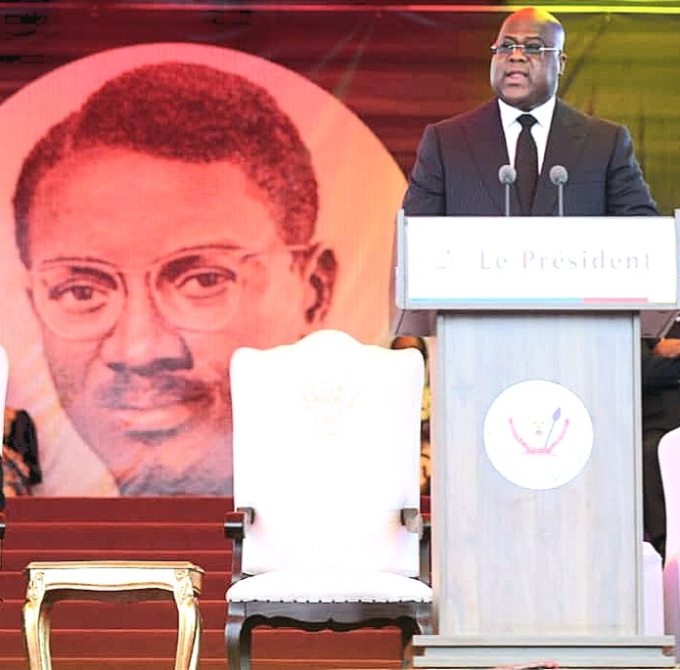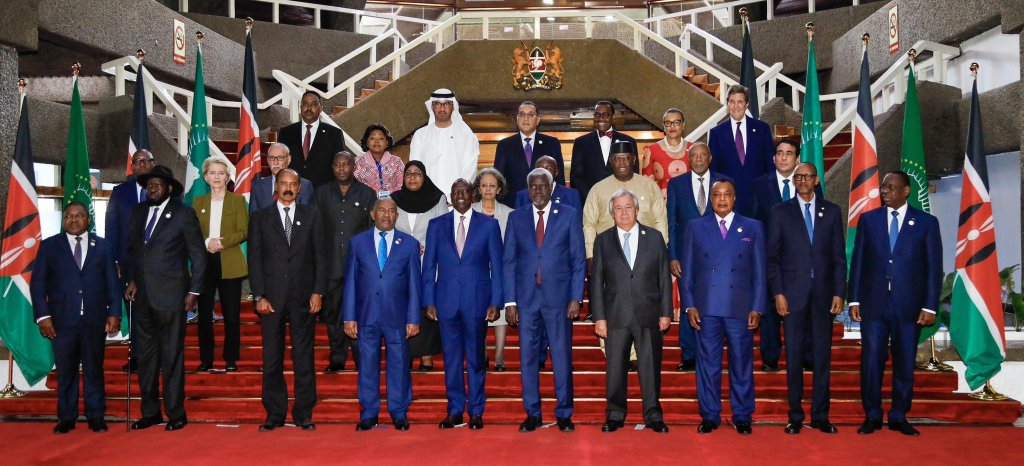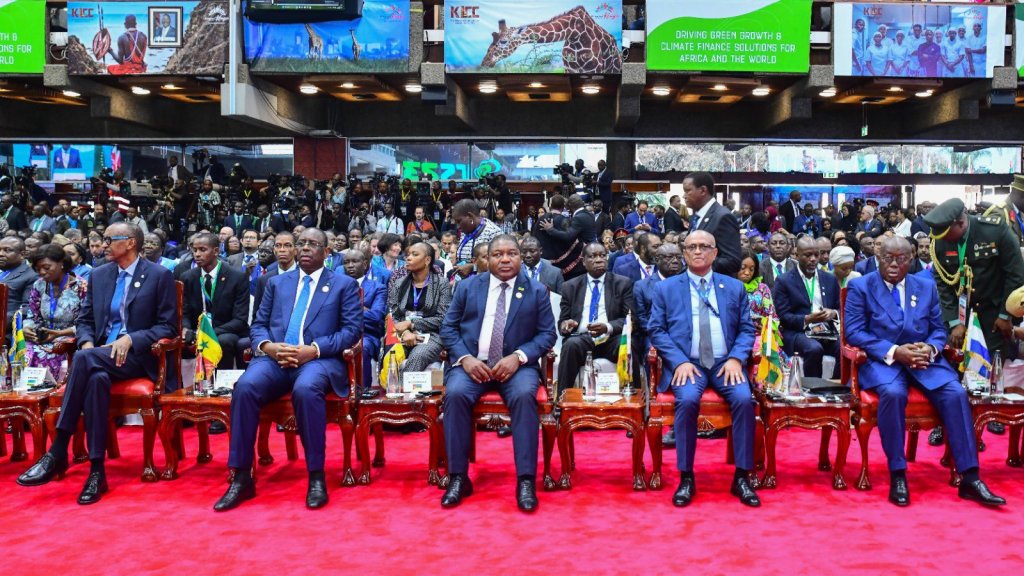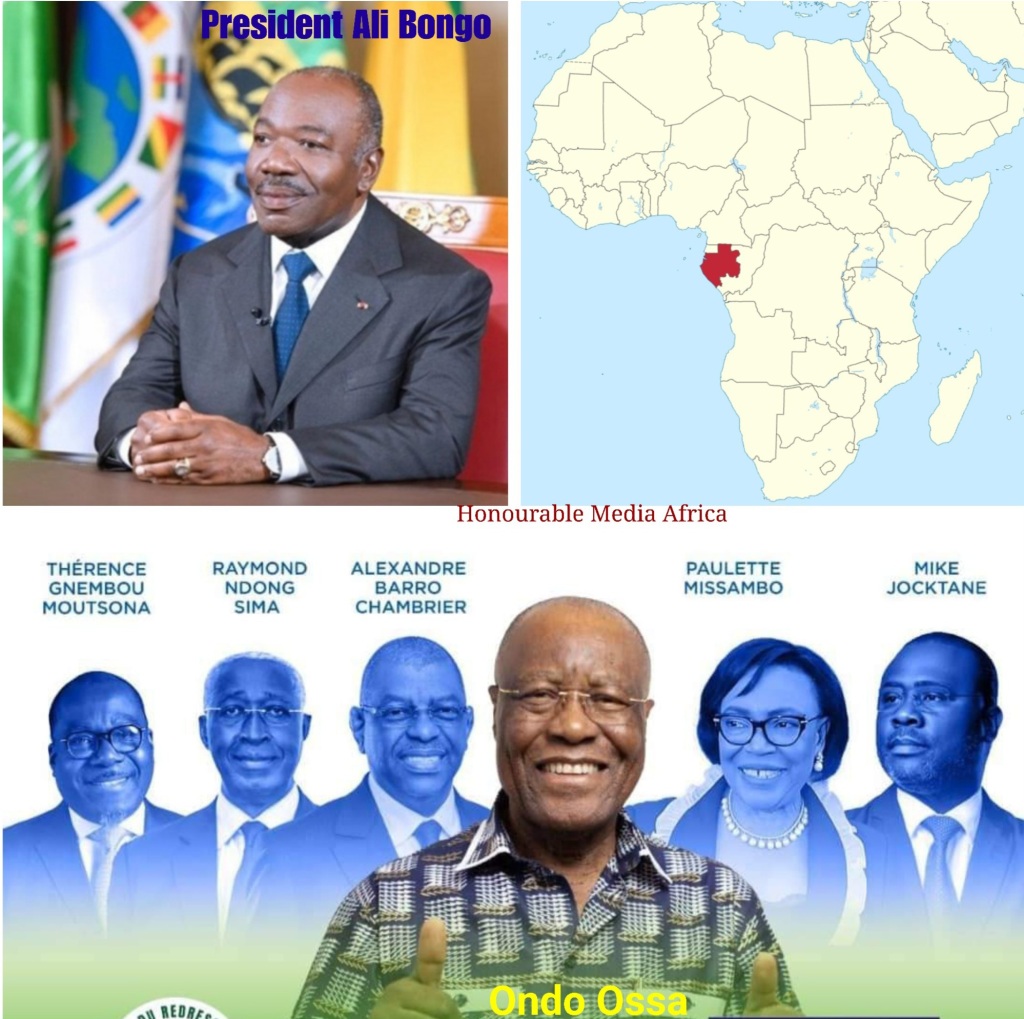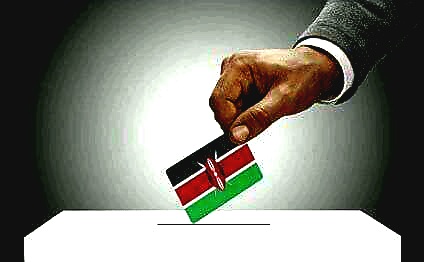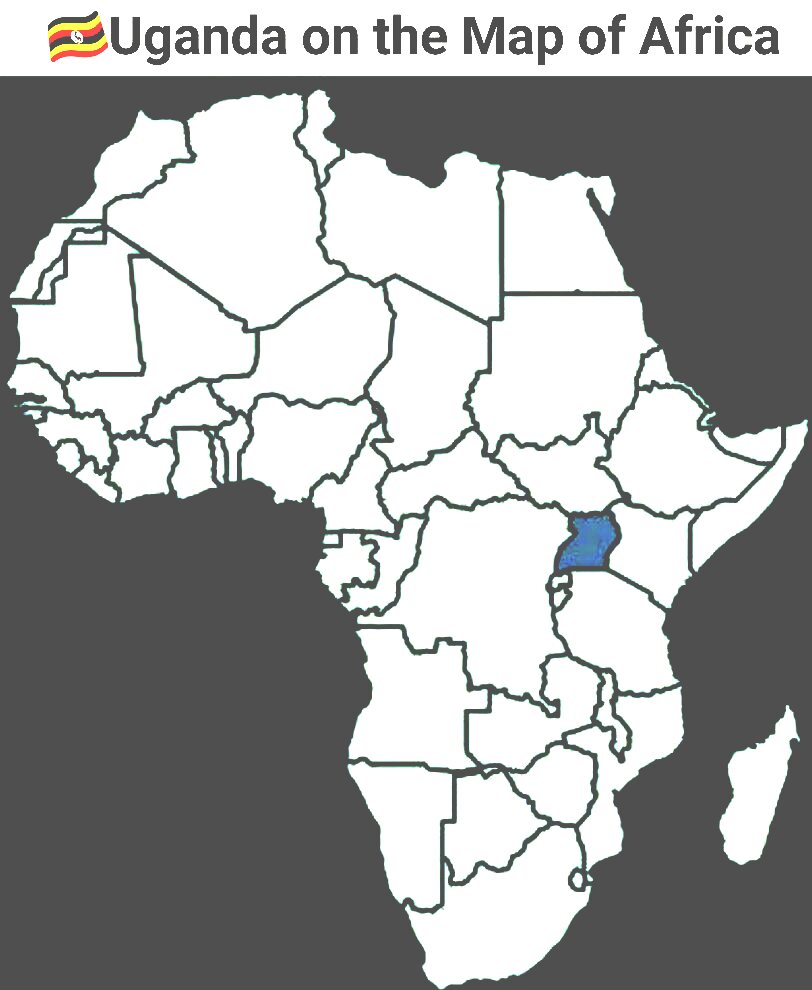
Chad’s Transitional President since April 2021, General Mahamat Deby takes Oath on May 23, 2024, to serve as CHAD’s elected President for a Fresh Term of 5 Years after his Victory on May 6, 2024 Presidential Election with over 3.7 Million Votes or 61.93 % of the Votes, beating 9 other Candidates in an Election that saw a high Voter Turnout of 75 %. This is according to the Country’s Electoral Commission-ANGE.
The 40 Years old took Power as the Leader of a Transitional Military Council-CMT, that took Power on April 21, 2021 after the Death of his Father, President Idriss Deby who was killed in a Battlefield against Armed Rebels in Northern Chad on April 20, 2021. By the Time of his Death, President Idriss Deby who was also a Military Man, had ruled Chad for 31 Years.
General Mahamat Deby managed to beat 9 other Candidates including his hand-picked Prime Minister, Dr.Succes Masra who was his main Challenger. Dr. Succes Masra came a distant Second with 18.54 %. Albert Pahimi, also a former Prime Minister under Gen. Mahamat Deby came Third with 16.93%. Dr. Masra challenged the Results in Court but his Petition was dismissed by Chad’s Constitutional Court. The Other Candidates conceded Defeat and sent their Congratulations and Well-wish Messages to Gen. Mahamat Deby.
Gen. President Mahamat Deby who has already led Chad for 3 Years as a Transitional President, has pledged to Focus on 12 Issues in his Government’s Transformation Agenda:
- Security Reform – Peace and Security as the foundations of Chad’s emergence with emphasis on regional and international cooperation, Modernization of Defense and Security Forces and the strengthening of internal Security.
- State Reform and National Unity – Transparency, Accountability, and Citizen participation in Public Administration and Reforms aimed at fighting Corruption and improving Governance.
- Economic Transformation – Ambitious Plan to stimulate economic growth by harnessing the potential of Young People, Agro-industrial sector and economic Stimulators through massive investments in Infrastructure and Industry.
- Education and Youth – Commitment to making education and support for youth a top priority, with initiatives to modernize the education system and promote entrepreneurship among young people.
- Employment and Human Capital – Pact focused on work, employment, and skills development, particularly through professional training programs and support for entrepreneurship.
- Energy – Commitments to unlock Chad’s energy potential, including the exploitation of renewable resources and the strengthening of energy infrastructure.
- Agriculture and Rural World – Implementation of policies to develop Agriculture, support livestock breeders, and fight against desertification.
- Health – Strengthening the health system with initiatives aimed at improving access to Healthcare and responding effectively to epidemics.
- Diaspora – commitment to integrating the Chadian diaspora into national development through the establishment of support structures and political participation.
- Culture – Initiatives to promote and enhance Chadian cultural heritage, including through the creation of a national museum and a Pan-African city of arts.
- National Solidarity – Measures to strengthen solidarity and social inclusion, in particular through the creation of a national solidarity fund.
- International Positioning – Strengthen Chad’s role and influence on the African and international scene, with an emphasis on regional peace and stability.
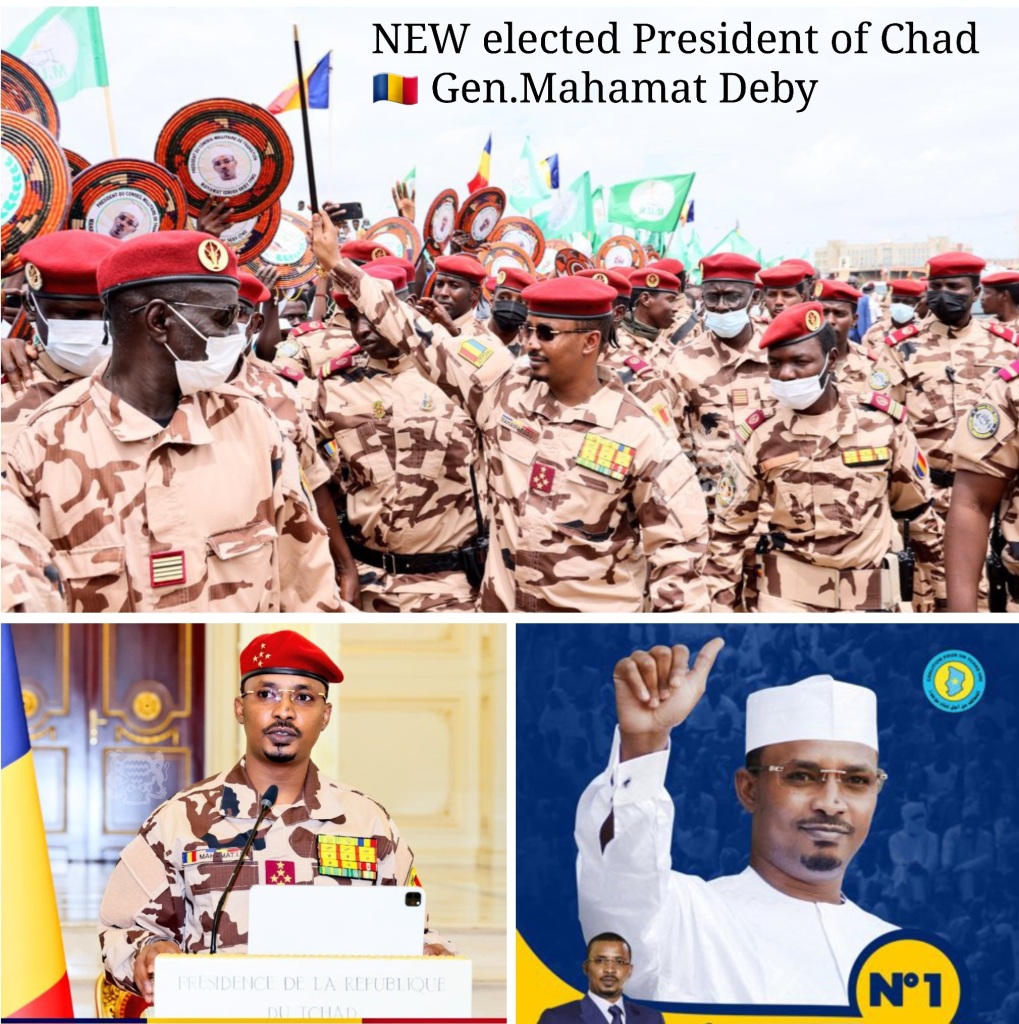
CHAD FACT-file and Major Issues
- CHAD is a huge Landlocked Central African Country – the 5th Largest Country in Africa but with a relatively small Population of 18.7 Million People as of May 2024. At least 58% of Chad’s Territory is Sahelian Desert Land.
- Despite having a relatively Small Economy of $ 18 Billion, Chad is a Naturally Wealthy Country that produces large Amounts of Oil, Natural Gas, Gold, Uranium, Cotton and Livestock.
- Chad is still classified amongst Low Income-Least Developed Countries with a GDP per Capita of just over $ 900.
- Despite its huge Natural Wealth in Minerals, 35% of Chadians or some 6.6 Million People live in extreme Poverty.
- In the most recent Global Hunger Index-GHI Report, Chad is ranked at Position 119 out of 125 Countries with sufficient Data to calculate GHI Scores. CHAD’s Level of Hunger is classified as SERIOUS.
- In the most recent United Nations Development Program-UNDP’s ‘Human Development Index’; CHAD is ranked among “Low Human Development” Category of Nations at Position 189 out of 193 World Nations. On the World Social Progress Index, CHAD is ranked at Position 168 out of 170 World Nations. The 2 Indexes take Account of Key Dimensions of Human Development that is; Healthy Life, being Knowledgeable-Education, a Decent Standard of Living-access to basic Human Needs, Housing, Safety, Personal Freedom and Rights, Foundations of Well-being and Opportunities for Progress among many other Indicators of Social and Human Development/Progress.
- In the most recent ‘Transparency International Corruption Perception Index’ Report that ranks 180 World Countries by their Perceived Levels of Public Sector Corruption; CHAD is ranked at Position 162 out of 180 Countries with a Score of 20/100.
- In the most recent ‘Reporters without Borders- Press Freedom Index’ Report that ranks 180 World Countries by the Level of Press Freedom enjoyed by Journalists and the Media; CHAD is ranked at Position 96 out of 180 Countries with a Score of 55/100.
- Despite its Massive Reserves of Oil and Natural Gas: Only 12 % of People in Chad have access to Electricity.
- In the most recent Basic Water Connection Report; Only 52% of People in Chad have access or are connected to Basic Water.
- CHAD has one of the Lowest Literacy Rate according to the most recent Report which ranks Chad’s Adult Literacy Rate at 27%, Way below the Global Literacy Rate which currently stands at 86%.
- N’Djamena is the Capital City and the largest City in Chad, Today Home to over 1.6 Million People.
- French and Chadian or Shuwa Arabic are the 2 Official Languages in Chad.
- French Colonial-era CFA Franc is still the Currency of Chad.
